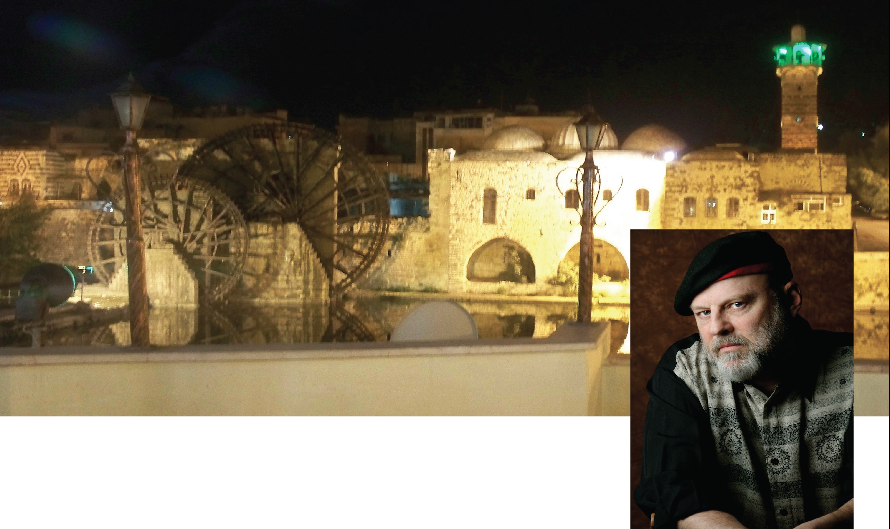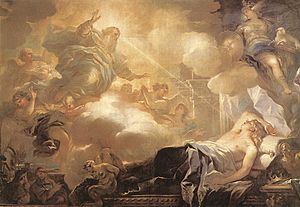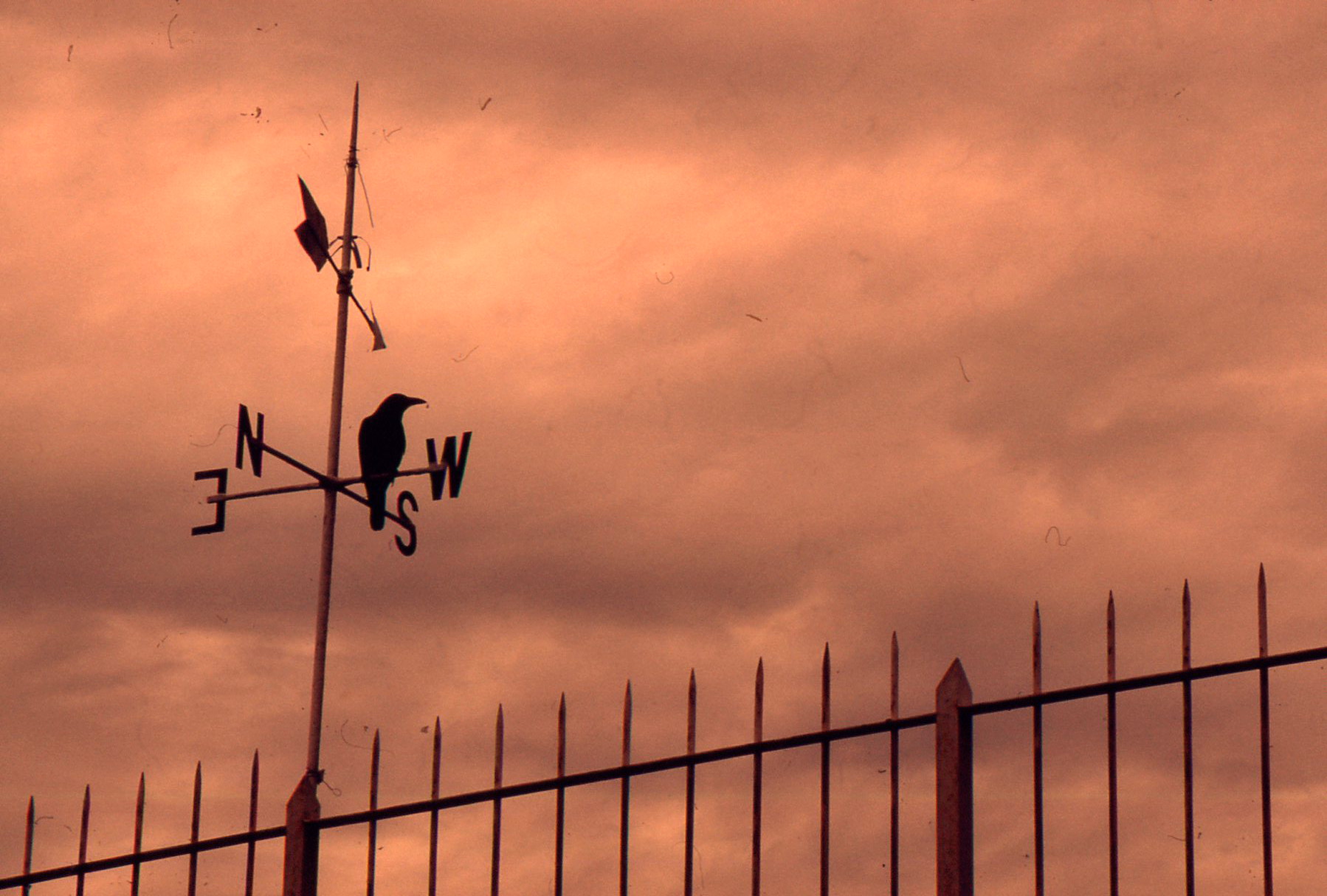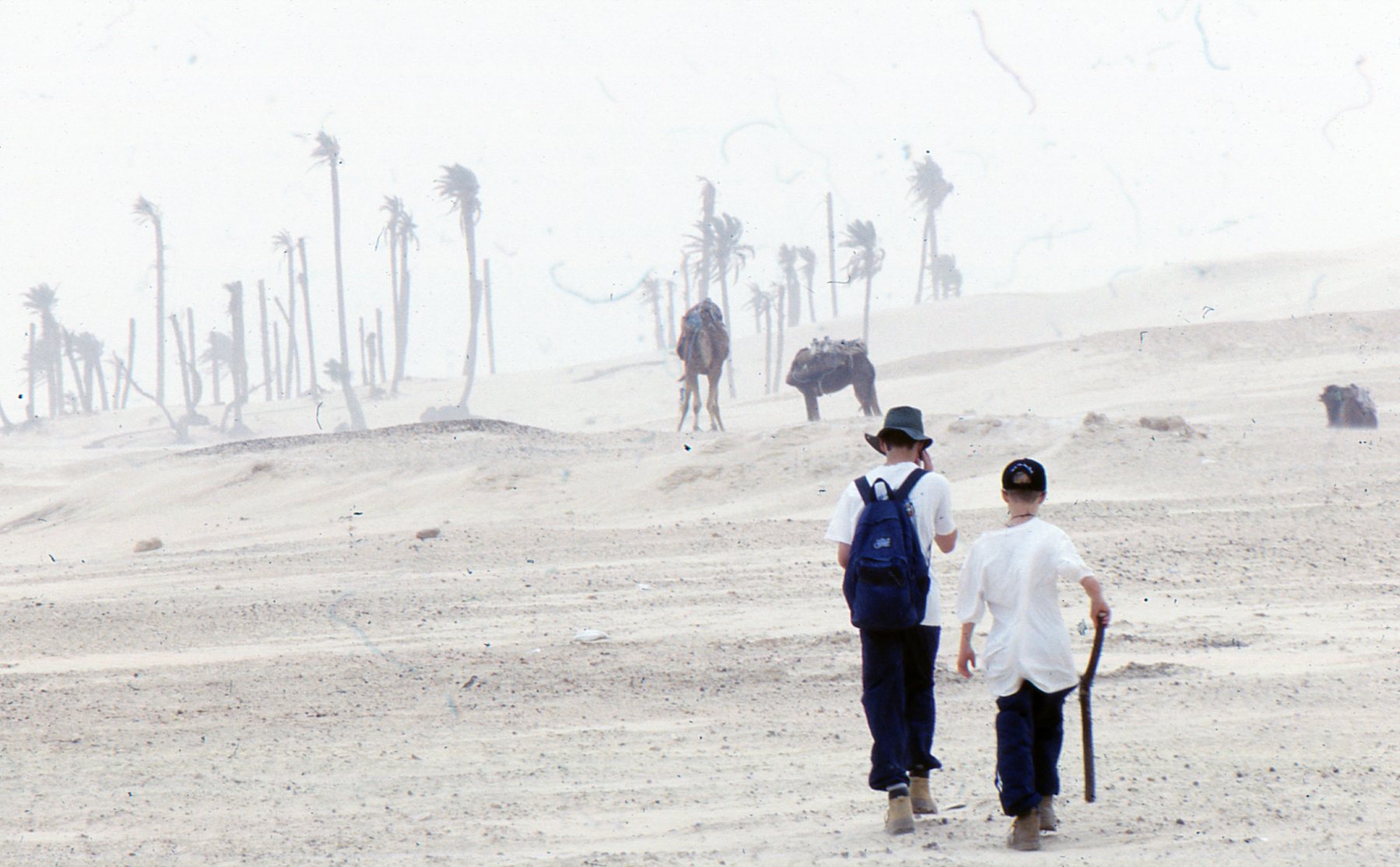28 January 2015
Written some years ago in response to a question posed for an annual philosophical contest called The Great American Think-off:
Yes, without a doubt. I say that not just because the greatest sages in the world—and virtually all cultures, everywhere, across time—would concur, but because I have the pleasure, and great privilege, of speaking with Him on a daily basis.
What’s more, anybody has this same opportunity: through prayer. God is there, waiting for us, calling to us, reaching out to us; loving us whether we acknowledge him or not. The wonder is not that anyone would believe in a transcendent being, but that we humans are so resistant to the call of our Creator.
He is a Mystery, yes, but because of the depth and complexity of His being, not because He is hiding or indeterminately existent. The living God has shaped me, comforted me, guided me through dark passages. I could no more deny his constant, caring presence that I could deny my own, constant, caring concerns for my children. The signs of God’s presence lie all around us, in details as large as the star-filled sky and as small as the worlds inside a raindrop.
The presence of life itself on this planet speaks of a divine imperative, an ordering of the labyrinthine possibilities of chaos into natural laws and intersecting spheres of compatible habitats.
To deny the existence of God bears the same futility as a deaf person denying the existence of music, or a blind man scoffing at the notion of color. God lies both within and beyond our senses, but if we limit him to what we can interpret through our blinkered scientific constructs, we risk missing the entire purpose and meaning of life.
Does Mount Everest exist? How does one know? Some fortunate few have seen it for themselves or walked upon it, but most of us accept its existence based on the reports of others who have had more direct experience.
Do germs exist? No one has seen one with the naked eye. Or heard one, or touched, smelt or tasted one. We know them by their actions and, again, by the reports of a few who say they have a special tool which enables them to see . . . something, and to interpret meaning from it.
So too the prophets. So too the Word of God, and signs and wonders still occurring. So too that most essential of all “God-seeking tools,” the rite of prayer. It comes back to this: there is a God-shaped void in the human heart. Those who haven’t had it filled either struggle to fill it themselves with their own vain musings and cobbled-together philosophies, or try to deny the existence of that void altogether. Yet once it is filled—by a Presence so overwhelming that terror would be our only response, were it not for the tender paradigm of love—how can one ever again be expected to deny the reality of its existence?
When my brother broke his neck, and the doctors gave up, saying nothing could be done, who responded to the prayer chain’s specific requests (“Today the thumb, Lord. Let him move his thumb.”) in such care and detail? Who was it that healed him so quickly that he was backpacking only a few months later?
When my wife and I slept on through what would become a record high tide on the Sligo shore in Donegal, who was it that sent those lights bobbing in from sea—car and priest emerging on the beach from a momentary dry passage between islands—to warn us we would soon be swept away?
And, darkest of all times, the night among the English witch coven, when my best friend and I fought sky battles inside our heads—each under separate, yet identical attack from forces so malevolent my mouth goes dry at their mention—whose angels came bringing the light? Whose power slid inside our heads and wrested two sinking souls from a deep and despondent sea of palpable waves of terror?
Theorems can be argued forever. Philosophies change with the times. The cynic and the post-modernist may even manage to hedge their bets till the graveside. But when the storm comes crashing, you need to know where to find the solid rock.







